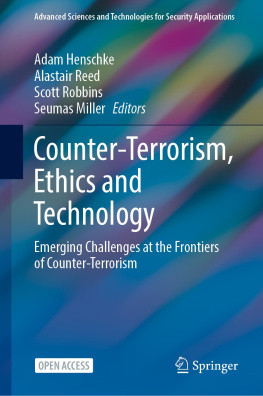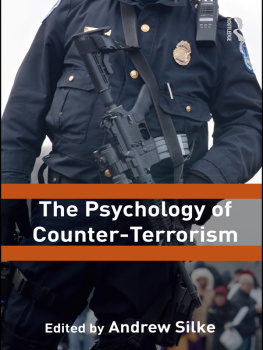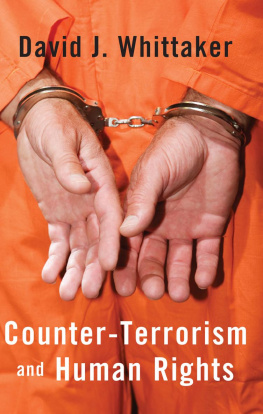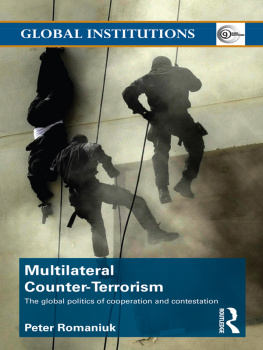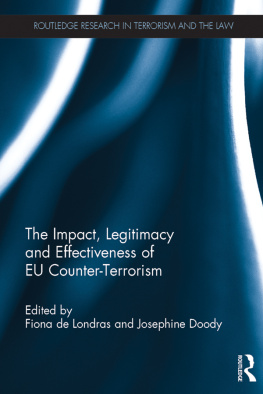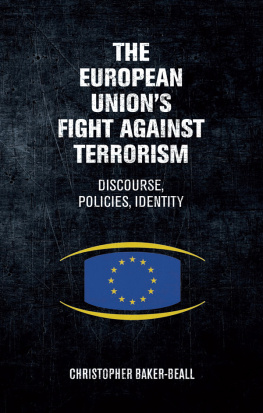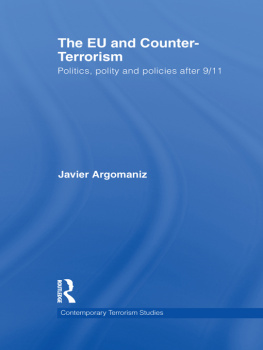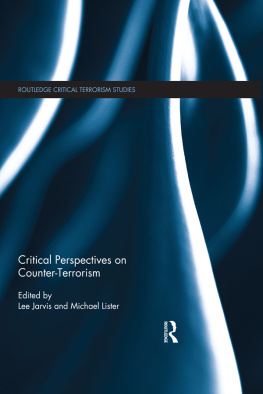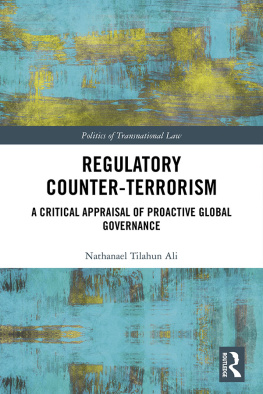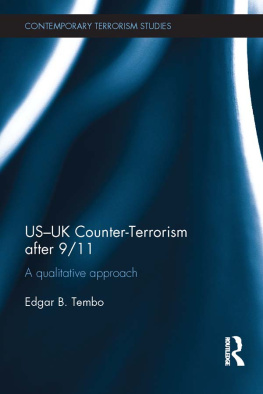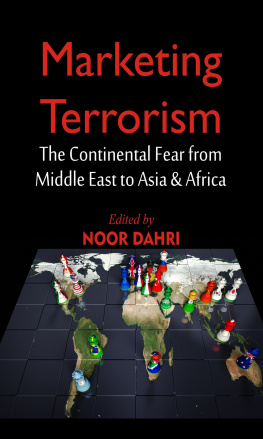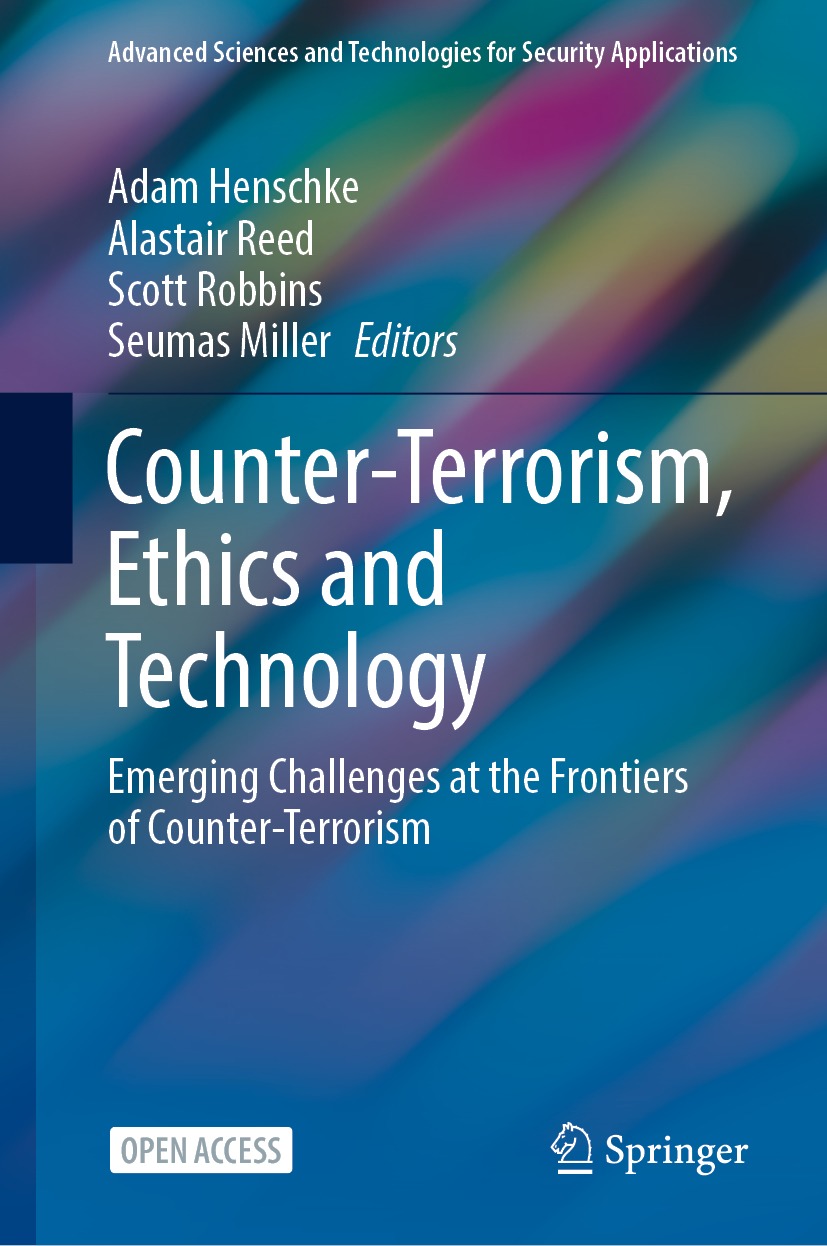Advanced Sciences and Technologies for Security Applications
Series Editor
Anthony J. Masys
Associate Professor, Director of Global Disaster Management, Humanitarian Assistance and Homeland Security, University of South Florida, Tampa, USA
Advisory Editors
Gisela Bichler
California State University, San Bernardino, CA, USA
Thirimachos Bourlai
Lane Department of Computer Science and Electrical Engineering, Multispectral Imagery Lab (MILab), West Virginia University, Morgantown, WV, USA
Chris Johnson
University of Glasgow, Glasgow, UK
Panagiotis Karampelas
Hellenic Air Force Academy, Attica, Greece
Christian Leuprecht
Royal Military College of Canada, Kingston, ON, Canada
Edward C. Morse
University of California, Berkeley, CA, USA
David Skillicorn
Queen's University, Kingston, ON, Canada
Yoshiki Yamagata
National Institute for Environmental Studies, Tsukuba, Ibaraki, Japan
Indexed by SCOPUS
The series Advanced Sciences and Technologies for Security Applications comprises interdisciplinary research covering the theory, foundations and domain-specific topics pertaining to security. Publications within the series are peer-reviewed monographs and edited works in the areas of:
biological and chemical threat recognition and detection (e.g., biosensors, aerosols, forensics)
crisis and disaster management
terrorism
cyber security and secure information systems (e.g., encryption, optical and photonic systems)
traditional and non-traditional security
energy, food and resource security
economic security and securitization (including associated infrastructures)
transnational crime
human security and health security
social, political and psychological aspects of security
recognition and identification (e.g., optical imaging, biometrics, authentication and verification)
smart surveillance systems
applications of theoretical frameworks and methodologies (e.g., grounded theory, complexity, network sciences, modelling and simulation).
Together, the high-quality contributions to this series provide a cross-disciplinary overview of forefront research endeavours aiming to make the world a safer place.
The editors encourage prospective authors to correspond with them in advance of submitting a manuscript. Submission of manuscripts should be made to the Editor-in-Chief or one of the Editors.
More information about this series at https://link.springer.com/bookseries/5540
Editors
Adam Henschke
Philosophy Section, University of Twente, Enschede, Netherlands
Alastair Reed
Cyber Threats Research Centre, Swansea University, Swansea, UK
Scott Robbins
Center for Advanced Security, Strategic and Innovation Studies (CASSIS), University of Bonn, Bonn, Germany
Seumas Miller
Charles Sturt University, Canberra, Australia
TU Delft, Delft, Netherlands
University of Oxford, Oxford, England
ISSN 1613-5113 e-ISSN 2363-9466
Advanced Sciences and Technologies for Security Applications
ISBN 978-3-030-90220-9 e-ISBN 978-3-030-90221-6
https://doi.org/10.1007/978-3-030-90221-6
The Editor(s) (if applicable) and The Author(s) 2021
This book is an open access publication.
Open Access This book is licensed under the terms of the Creative Commons Attribution 4.0 International License ( http://creativecommons.org/licenses/by/4.0/ ), which permits use, sharing, adaptation, distribution and reproduction in any medium or format, as long as you give appropriate credit to the original author(s) and the source, provide a link to the Creative Commons license and indicate if changes were made.
The images or other third party material in this book are included in the book's Creative Commons license, unless indicated otherwise in a credit line to the material. If material is not included in the book's Creative Commons license and your intended use is not permitted by statutory regulation or exceeds the permitted use, you will need to obtain permission directly from the copyright holder.
The use of general descriptive names, registered names, trademarks, service marks, etc. in this publication does not imply, even in the absence of a specific statement, that such names are exempt from the relevant protective laws and regulations and therefore free for general use.
The publisher, the authors and the editors are safe to assume that the advice and information in this book are believed to be true and accurate at the date of publication. Neither the publisher nor the authors or the editors give a warranty, expressed or implied, with respect to the material contained herein or for any errors or omissions that may have been made. The publisher remains neutral with regard to jurisdictional claims in published maps and institutional affiliations.
This Springer imprint is published by the registered company Springer Nature Switzerland AG
The registered company address is: Gewerbestrasse 11, 6330 Cham, Switzerland
Acknowledgments
The research was conducted under the auspices of the European Research Councils Advanced Grant program as part of the grant entitled, Global Terrorism and Collective Moral Responsibility: Redesigning Military, Police and Intelligence Institutions in Liberal Democracies (GTCMR. No. 670172) (Principal Investigator: Professor Seumas Miller; institutional partners, Delft University of Technology and the University of Oxford). The Australian Research Council Discovery Grant, entitled, Intelligence And National Security: Ethics, Efficacy And Accountability (DP180103439) (Principal Investigator Professor Seumas Miller; institutional partners Charles Sturt University and the Australian National University). The Australian Department of Defence Strategic Policy Grant, entitled Countering Foreign Interference And Cyber War Challenges (Principal Investigator Dr Adam Henschke; institutional partner, the Australian National University).
Introduction
On April 2019, the terrorist group National Thawheed Jamaath carried out a lethal terrorist attack in Sri Lanka that targeted Christians on Easter Sunday. In all, eight men and one woman belonging to local Islamist groups detonated bombs almost simultaneously in several parts of the country, killing themselves and more than 250 others [1]. Following the attacks, the Sri Lankan Defence Minister stated that the attacks were a response to the terrorist attack in Christchurch, New Zealand, in which the gunman killed more than 50 Muslims [2]. These attacks led the New Zealand Prime Minister Jacinta Ardern and French President Emmanuel Macron to lobby social media companies around the world to do more in the fight against terrorism. Ardern stated that [t]his isnt about freedom of expression; this is about preventing violent extremism and terrorism online [3]. This shows how terrorism is now truly internationala terrorist attack conducted by an Australian in New Zealand against Muslims is said to have led to a terrorist attack in Sri Lanka conducted against Christians, driving two world leaders to seek changes from technology companies. Moreover, it shows that technology is now as much a part of terrorism and counter-terrorism as it is for all other parts of modern life. To say that we need to understand and respond to these new forms of violent extremism is obvious. The ethics of

